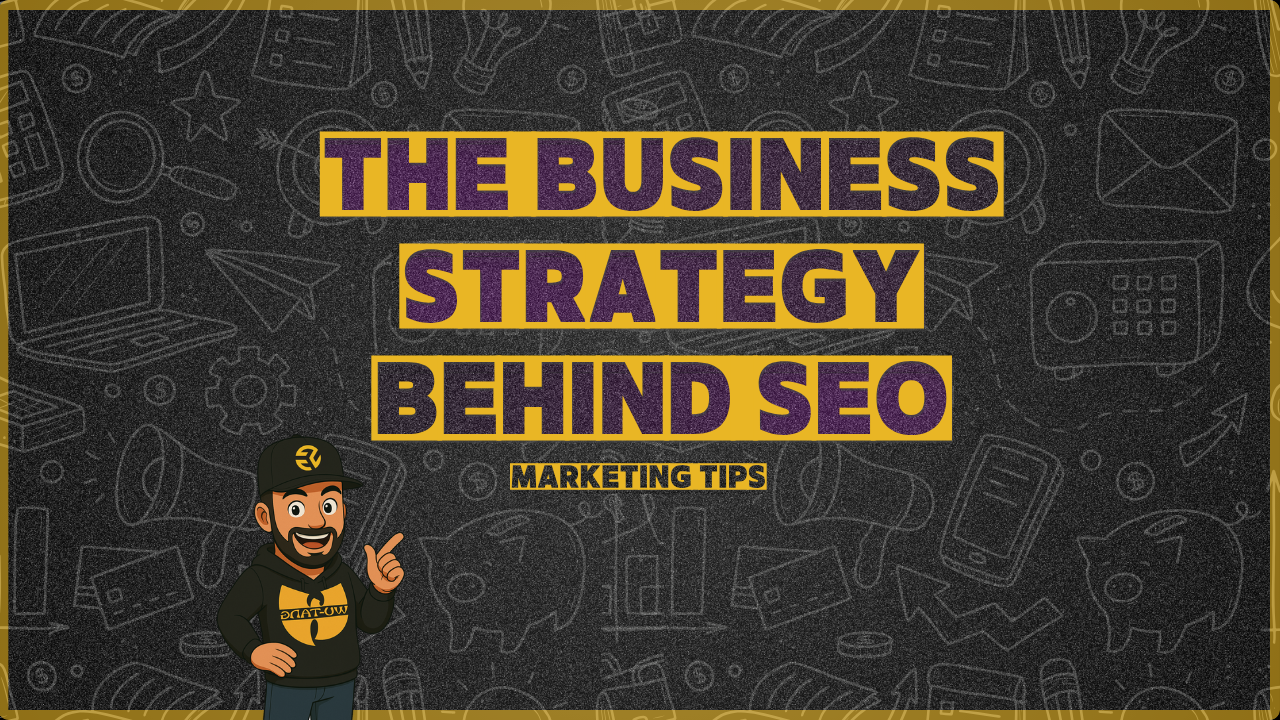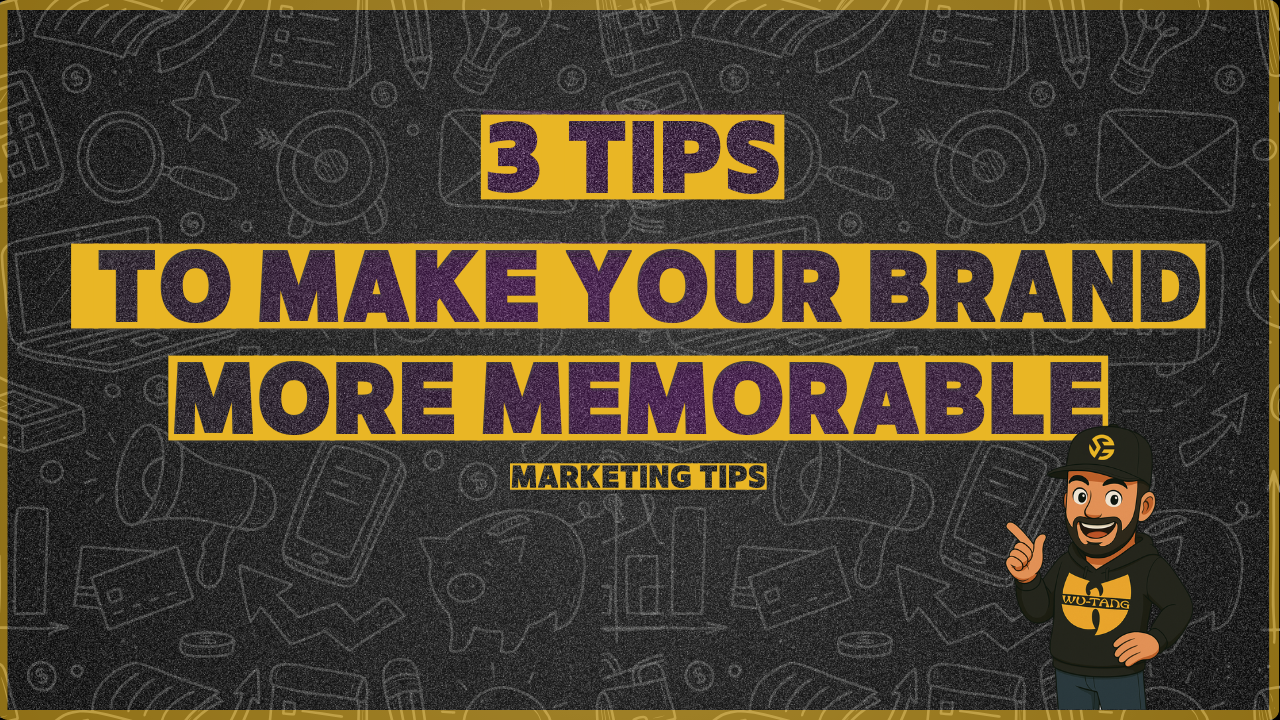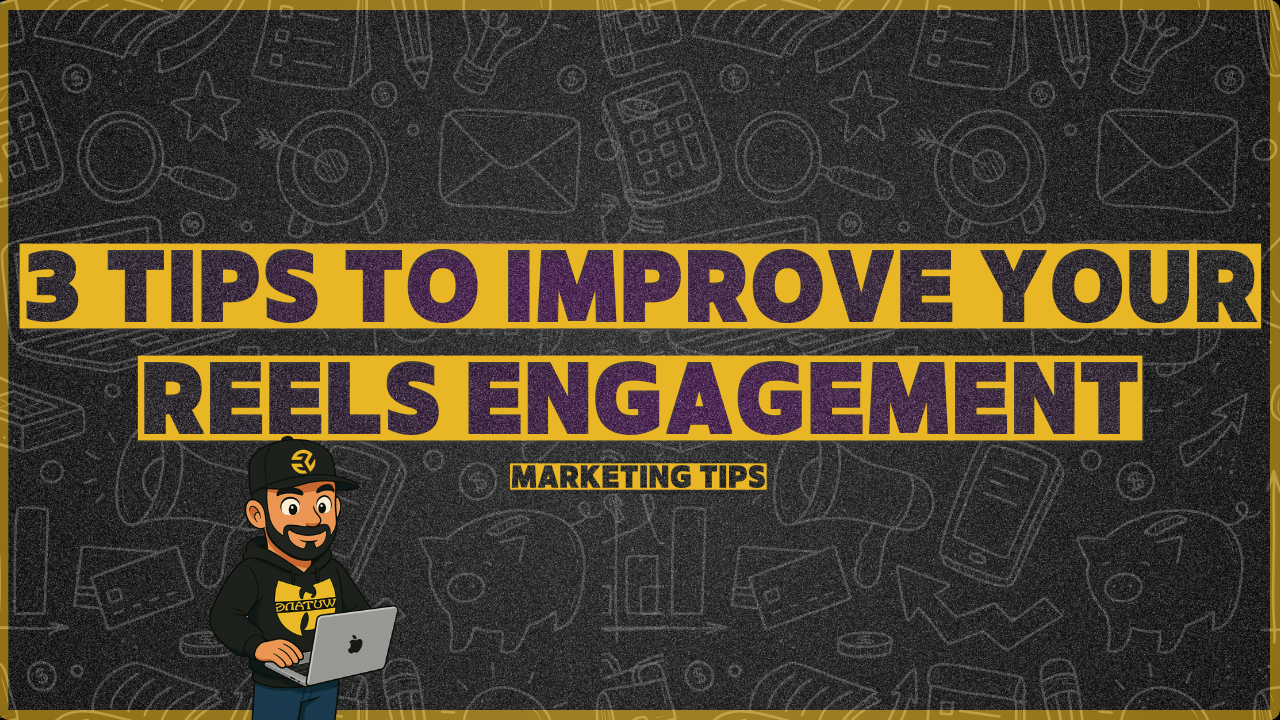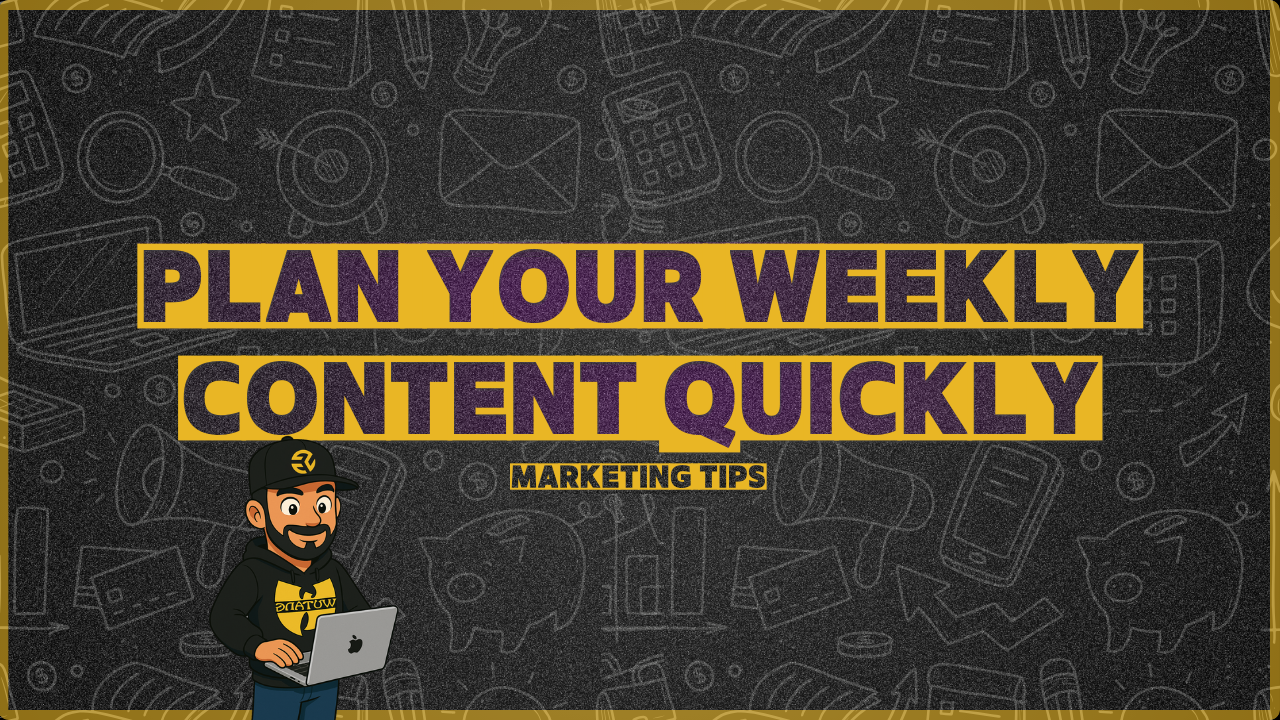The Business Strategy Behind SEO

Table of Contents
SEO basics are the foundation of every successful digital marketing strategy.
If there’s one constant in this space, it’s that visibility creates opportunity — and no matter how great your product or offer is, people can’t engage with what they can’t find.
That’s where SEO — Search Engine Optimization — becomes your long-term growth engine.
It’s not about gaming algorithms; it’s about understanding people.
When done right, SEO becomes your most reliable source of traffic, working for you 24/7 and building trust over time.
As Rand Fishkin, founder of Moz, once said:
“The best way to sell something: don’t sell anything. Earn the awareness, respect, and trust of those who might buy.”
Rand Fishkin Tweet
The Business Strategy Behind SEO
Before diving into tactics, it’s important to see SEO as a long-term business strategy, not just a marketing channel.
Think of SEO as the infrastructure of visibility — the digital ecosystem that ensures your brand can be discovered when people are actively looking for what you offer.
When you approach SEO strategically, it becomes less about keywords and more about communication: aligning your brand message with real user intent.
That means understanding how your audience searches, what language they use, and what content formats they trust (guides, reviews, case studies, etc.).
A strong SEO foundation has ripple effects across the business:
It reduces ad dependency over time.
It creates consistent, compounding visibility.
It builds authority in your niche — not just rankings.
The truth is, SEO is business validation through relevance.
When you consistently show up for the right searches, you’re not just optimizing for Google — you’re optimizing for trust.
Applying It to Digital Marketing
Below are three key steps to master SEO fundamentals that drive long-term visibility and brand authority.
Keywords – Speak Their Language
Every great SEO strategy starts with empathy.
Keywords are not just search terms — they’re the way your audience describes their problems, dreams, and needs.
Instead of guessing what people want, listen to how they search.
Study forums, Google’s “People Also Ask,” and tools like Ahrefs or Semrush to identify not just high-volume keywords, but real questions.
💡 Pro Tip:
Don’t aim to rank for every keyword. Focus on intent clusters — small groups of related phrases that reflect one user goal.
That’s how you build topical authority naturally.
If you haven’t yet defined who you’re writing for, check out our post on How to Define Your Buyer Persona.
Understanding your audience is half of SEO.
Useful Content – Create Value That Solves
Search engines reward content that genuinely helps people.
Forget keyword stuffing or robotic writing — focus on usefulness.
Useful content:
Answers a specific question
Guides the reader to a clear next step
Builds trust through clarity and consistency
When you write with purpose, SEO becomes effortless — because Google follows human signals.
Time on page, engagement, and returning visitors tell the algorithm that your content deserves visibility.
💡 Pro Tip:
Each piece of content should target one main problem and include a single clear CTA — whether that’s booking a call, reading another post, or subscribing.
Links – Build Authority That Compounds
Links are the digital world’s word-of-mouth.
When other reputable sites reference you, it signals trust to both users and search engines.
But don’t chase backlinks blindly. Instead, earn them by creating resources that others want to reference — guides, data, tools, or insights.
💡 Pro Tip:
Focus on relevance and relationships. One link from a trusted, industry-relevant website can be worth more than 100 generic ones.
Marketing Curiosity of the Week
Google’s algorithm doesn’t reward perfection — it rewards usefulness.”
Athan Marketing Insight Tweet
Why it matters:
The future of SEO is not just technical — it’s human.
AI and algorithms are learning to detect intent, expertise, and authenticity.
That means your best SEO strategy is to serve real people, not search engines.
From Strategy to Action
SEO isn’t a one-time project — it’s an evolving dialogue between your brand and your audience.
When you focus on the three fundamentals — keywords, useful content, and links — you create visibility that compounds over time.
At Athan Marketing, we help entrepreneurs and small businesses simplify SEO — turning complex systems into actionable, long-term strategies for organic growth.
👉 Fix Your Marketing. Scale Smart.
Keep Learning: More Marketing Insights
If you found this helpful, explore more articles to strengthen your marketing foundations:
Share on Social Media
FAQ – SEO Basics in 3 Steps
What are the 3 main components of SEO?
Keywords, useful content, and links — they work together to improve visibility, authority, and engagement.
Why are keywords important for SEO?
They connect your content to user intent. Understanding how people search helps you create content that ranks and converts.
How does useful content impact SEO?
Search engines reward pages that provide clear, relevant, and valuable information. Helpful content keeps users engaged and builds trust.
Why do links matter in SEO?
Links from reputable sources act like votes of confidence, signaling authority and credibility to search engines.
How long does it take to see SEO results?
Run short test cycles (1–2 weeks), then hold a monthly learning review to keep, tweak, or drop initiatives based on data.
Do I need buyer personas before testing?
It depends on competition and consistency, but most websites start seeing measurable progress within 3–6 months.




![🧠 Muchos creen que Starbucks triunfó solo por su café. La realidad es otra: entendieron que el negocio no está en el producto, sino en la pertenencia y la experiencia. [00:00]
Desde tu nombre en el vaso hasta el aroma al entrar, cada detalle está diseñado para que no solo compres un café, sino una pausa con identidad. Esto es marketing sensorial en su máxima expresión. [00:12]
👉 Esta es una lección clave de marketing: crea experiencias, no solo transacciones. Si logras que tu cliente sienta algo antes de pagar, tu marca será recordada y no solo consumida. [00:17]
Si quieres aplicar este tipo de pensamiento estratégico a tu negocio y dejar de improvisar con tácticas sueltas, puedes conocer cómo trabajamos en Athan Marketing.
#MarketingSensorial #Starbucks #EstrategiaDeMarketing #ExperienciaDeCliente #AthanMarketing #Emprendimiento](https://athanmarketing.com/wp-content/plugins/feeds-for-youtube/img/placeholder.png)